IMPACT OF KEY RATE HIKE
입력 2022.07.14 (15:04)
수정 2022.07.14 (16:45)
읽어주기 기능은 크롬기반의
브라우저에서만 사용하실 수 있습니다.
[Anchor Lead]
The key rate in Korea has been raised by 0.5%p for the first time ever. Once commercial banks also raise their interest rates on loans, debtors will have to pay nearly 7 trillion won more in interest. Self-employed who have been struggling to stay afloat during the pandemic and low-income young people will likely suffer a heavy blow.
[Pkg]
This young woman in her 20s makes a living by working part-time. The interest rate for her bank loan that she received to pay for apartment rent deposit has risen from 1.8% in August 2021 to now over 2%. She borrowed the money on the condition that the interest rate would change every six months. She's concerned it could surpass 3% when the key rate is adjusted again next month. She'll have to pay twice as much in interest.
[Soundbite] (Job-seeker with housing rent loan) : "Every week I get text messages reminding me to pay interest. Now that interest rates are rising, I feel stifled each time I receive those messages. I'll have to take on more part-time jobs to cover all expenses."
This restaurant owner has been running his business for seven years now. As his sales plunged during the pandemic, he had no choice but to receive a 130 million won bank loan to cover his losses. On top of that, he also has another loan he had taken out when opening his business. He can barely pay off more than a million won in interest every month. Come October, he must pay 60 million won in principle in a lump sum.
[Soundbite] (Self-employed with bank loans) : "I'll have to ask my bank to extend my loans. There's nothing else I can do. I have no money. I'll have to ask them to extend my loans even if that means a higher interest rate."
As of late March 2022, household debt in Korea reached 1,750 trillion won. Given the percentage of people who have received floating rate loans and the latest key rate increase, the annual interest amount is estimated to surge by 6.8 trillion won. The key rate has been raised six times since Aug. 2021. The debtors have to pay over 20 trillion won more. Financial authorities are devising measures to prevent insolvencies among the socially vulnerable. One of which is to cap off the highest interest rate to 7% when eligible small business owners switch from high-rate loans to low-rate loans.
The key rate in Korea has been raised by 0.5%p for the first time ever. Once commercial banks also raise their interest rates on loans, debtors will have to pay nearly 7 trillion won more in interest. Self-employed who have been struggling to stay afloat during the pandemic and low-income young people will likely suffer a heavy blow.
[Pkg]
This young woman in her 20s makes a living by working part-time. The interest rate for her bank loan that she received to pay for apartment rent deposit has risen from 1.8% in August 2021 to now over 2%. She borrowed the money on the condition that the interest rate would change every six months. She's concerned it could surpass 3% when the key rate is adjusted again next month. She'll have to pay twice as much in interest.
[Soundbite] (Job-seeker with housing rent loan) : "Every week I get text messages reminding me to pay interest. Now that interest rates are rising, I feel stifled each time I receive those messages. I'll have to take on more part-time jobs to cover all expenses."
This restaurant owner has been running his business for seven years now. As his sales plunged during the pandemic, he had no choice but to receive a 130 million won bank loan to cover his losses. On top of that, he also has another loan he had taken out when opening his business. He can barely pay off more than a million won in interest every month. Come October, he must pay 60 million won in principle in a lump sum.
[Soundbite] (Self-employed with bank loans) : "I'll have to ask my bank to extend my loans. There's nothing else I can do. I have no money. I'll have to ask them to extend my loans even if that means a higher interest rate."
As of late March 2022, household debt in Korea reached 1,750 trillion won. Given the percentage of people who have received floating rate loans and the latest key rate increase, the annual interest amount is estimated to surge by 6.8 trillion won. The key rate has been raised six times since Aug. 2021. The debtors have to pay over 20 trillion won more. Financial authorities are devising measures to prevent insolvencies among the socially vulnerable. One of which is to cap off the highest interest rate to 7% when eligible small business owners switch from high-rate loans to low-rate loans.
■ 제보하기
▷ 카카오톡 : 'KBS제보' 검색, 채널 추가
▷ 전화 : 02-781-1234, 4444
▷ 이메일 : kbs1234@kbs.co.kr
▷ 유튜브, 네이버, 카카오에서도 KBS뉴스를 구독해주세요!
- IMPACT OF KEY RATE HIKE
-
- 입력 2022-07-14 15:04:28
- 수정2022-07-14 16:45:03
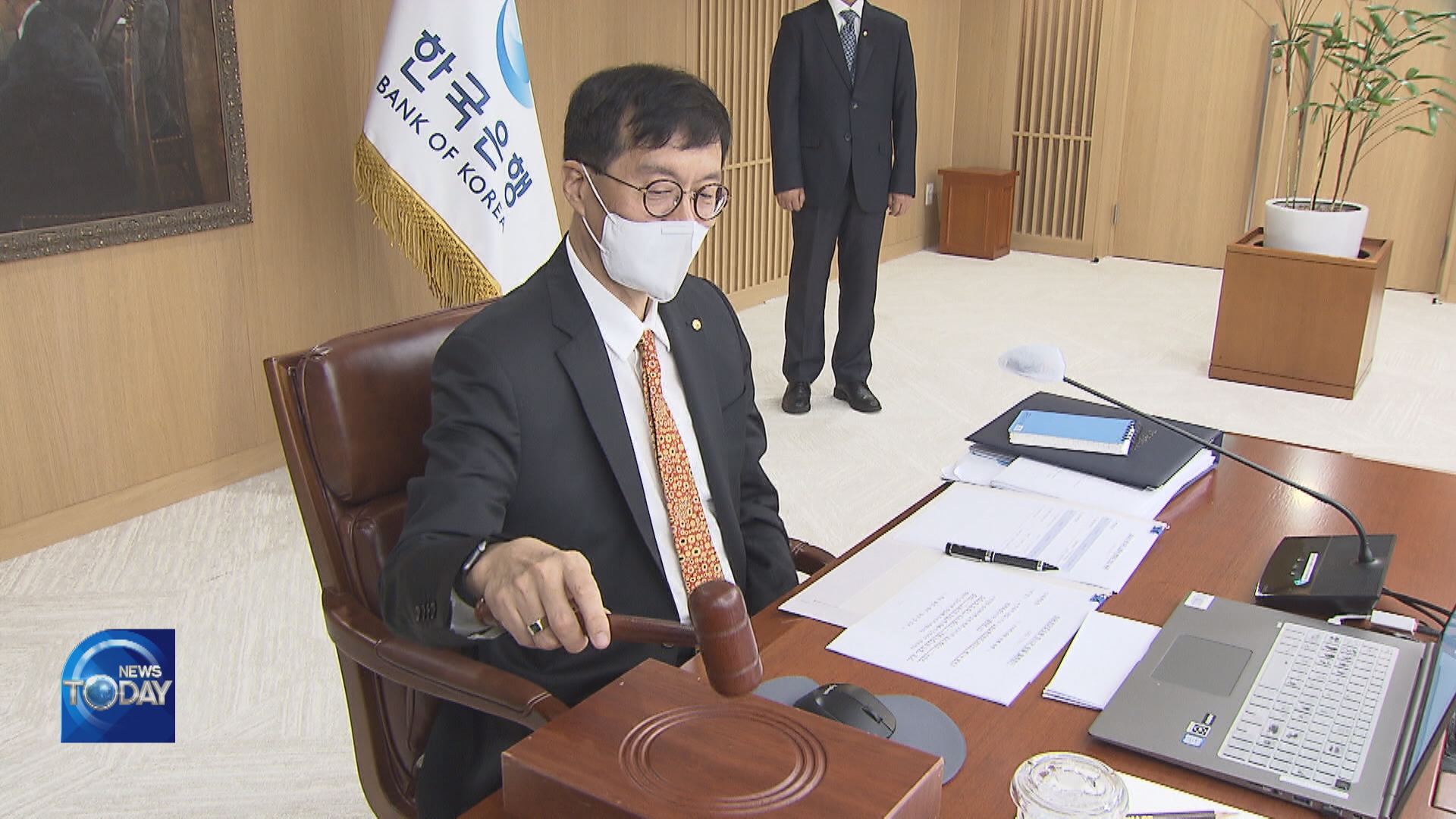
[Anchor Lead]
The key rate in Korea has been raised by 0.5%p for the first time ever. Once commercial banks also raise their interest rates on loans, debtors will have to pay nearly 7 trillion won more in interest. Self-employed who have been struggling to stay afloat during the pandemic and low-income young people will likely suffer a heavy blow.
[Pkg]
This young woman in her 20s makes a living by working part-time. The interest rate for her bank loan that she received to pay for apartment rent deposit has risen from 1.8% in August 2021 to now over 2%. She borrowed the money on the condition that the interest rate would change every six months. She's concerned it could surpass 3% when the key rate is adjusted again next month. She'll have to pay twice as much in interest.
[Soundbite] (Job-seeker with housing rent loan) : "Every week I get text messages reminding me to pay interest. Now that interest rates are rising, I feel stifled each time I receive those messages. I'll have to take on more part-time jobs to cover all expenses."
This restaurant owner has been running his business for seven years now. As his sales plunged during the pandemic, he had no choice but to receive a 130 million won bank loan to cover his losses. On top of that, he also has another loan he had taken out when opening his business. He can barely pay off more than a million won in interest every month. Come October, he must pay 60 million won in principle in a lump sum.
[Soundbite] (Self-employed with bank loans) : "I'll have to ask my bank to extend my loans. There's nothing else I can do. I have no money. I'll have to ask them to extend my loans even if that means a higher interest rate."
As of late March 2022, household debt in Korea reached 1,750 trillion won. Given the percentage of people who have received floating rate loans and the latest key rate increase, the annual interest amount is estimated to surge by 6.8 trillion won. The key rate has been raised six times since Aug. 2021. The debtors have to pay over 20 trillion won more. Financial authorities are devising measures to prevent insolvencies among the socially vulnerable. One of which is to cap off the highest interest rate to 7% when eligible small business owners switch from high-rate loans to low-rate loans.
The key rate in Korea has been raised by 0.5%p for the first time ever. Once commercial banks also raise their interest rates on loans, debtors will have to pay nearly 7 trillion won more in interest. Self-employed who have been struggling to stay afloat during the pandemic and low-income young people will likely suffer a heavy blow.
[Pkg]
This young woman in her 20s makes a living by working part-time. The interest rate for her bank loan that she received to pay for apartment rent deposit has risen from 1.8% in August 2021 to now over 2%. She borrowed the money on the condition that the interest rate would change every six months. She's concerned it could surpass 3% when the key rate is adjusted again next month. She'll have to pay twice as much in interest.
[Soundbite] (Job-seeker with housing rent loan) : "Every week I get text messages reminding me to pay interest. Now that interest rates are rising, I feel stifled each time I receive those messages. I'll have to take on more part-time jobs to cover all expenses."
This restaurant owner has been running his business for seven years now. As his sales plunged during the pandemic, he had no choice but to receive a 130 million won bank loan to cover his losses. On top of that, he also has another loan he had taken out when opening his business. He can barely pay off more than a million won in interest every month. Come October, he must pay 60 million won in principle in a lump sum.
[Soundbite] (Self-employed with bank loans) : "I'll have to ask my bank to extend my loans. There's nothing else I can do. I have no money. I'll have to ask them to extend my loans even if that means a higher interest rate."
As of late March 2022, household debt in Korea reached 1,750 trillion won. Given the percentage of people who have received floating rate loans and the latest key rate increase, the annual interest amount is estimated to surge by 6.8 trillion won. The key rate has been raised six times since Aug. 2021. The debtors have to pay over 20 trillion won more. Financial authorities are devising measures to prevent insolvencies among the socially vulnerable. One of which is to cap off the highest interest rate to 7% when eligible small business owners switch from high-rate loans to low-rate loans.
이 기사가 좋으셨다면
-
좋아요
0
-
응원해요
0
-
후속 원해요
0










![[HEADLINE]](https://news.kbs.co.kr/data/news/title_image/newsmp4/news_today/2022/07/14/10_5509439.jpeg)
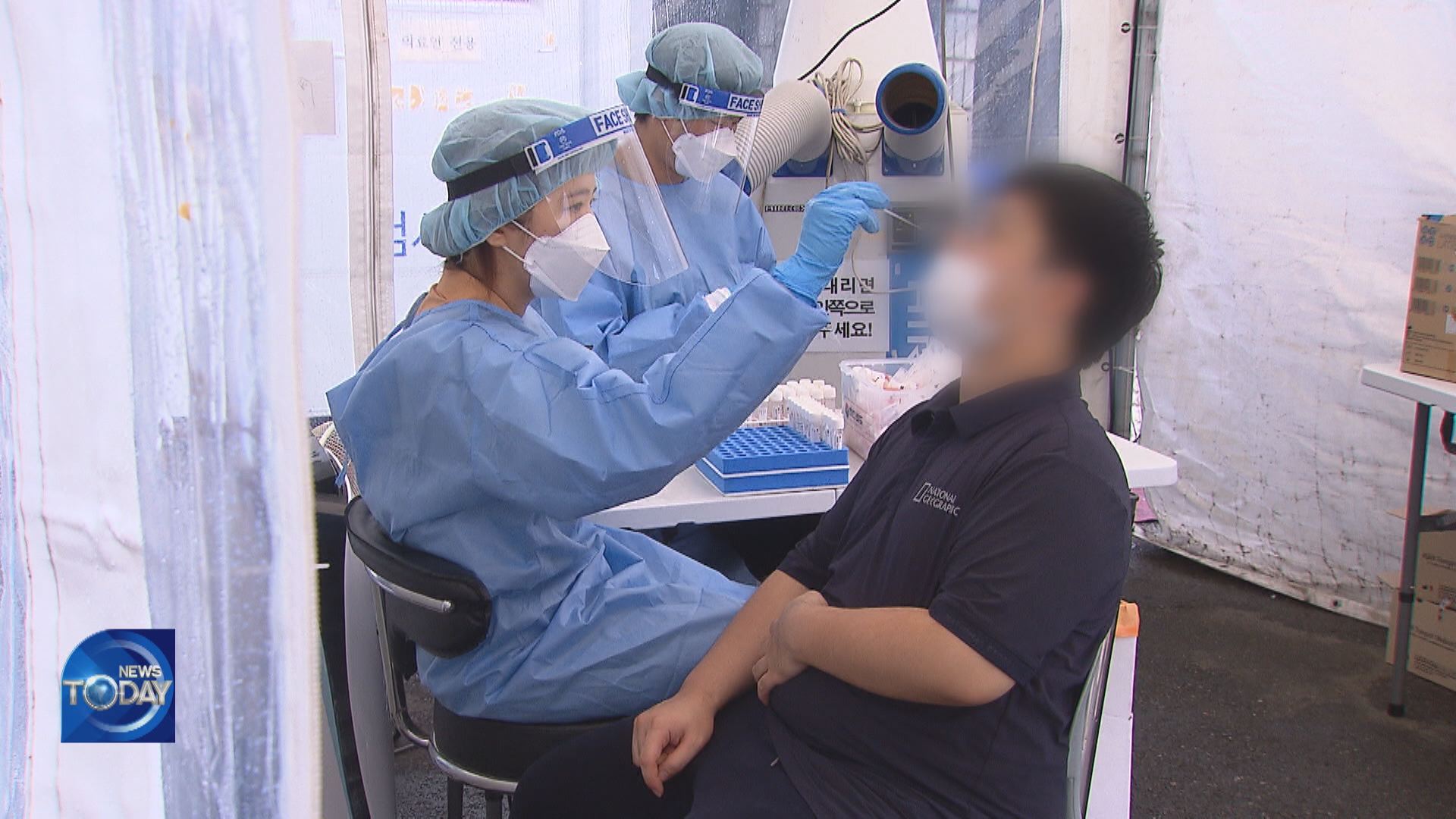
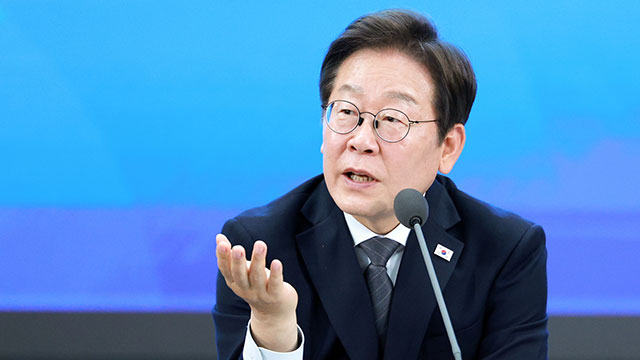
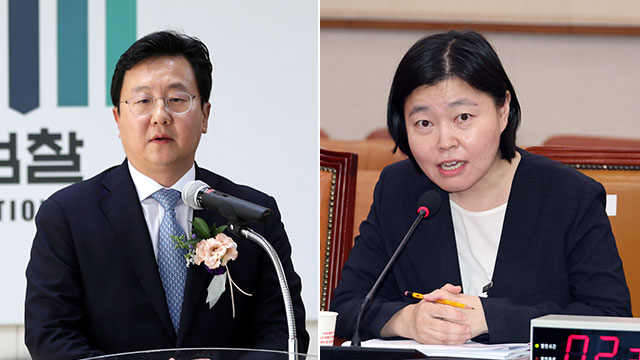
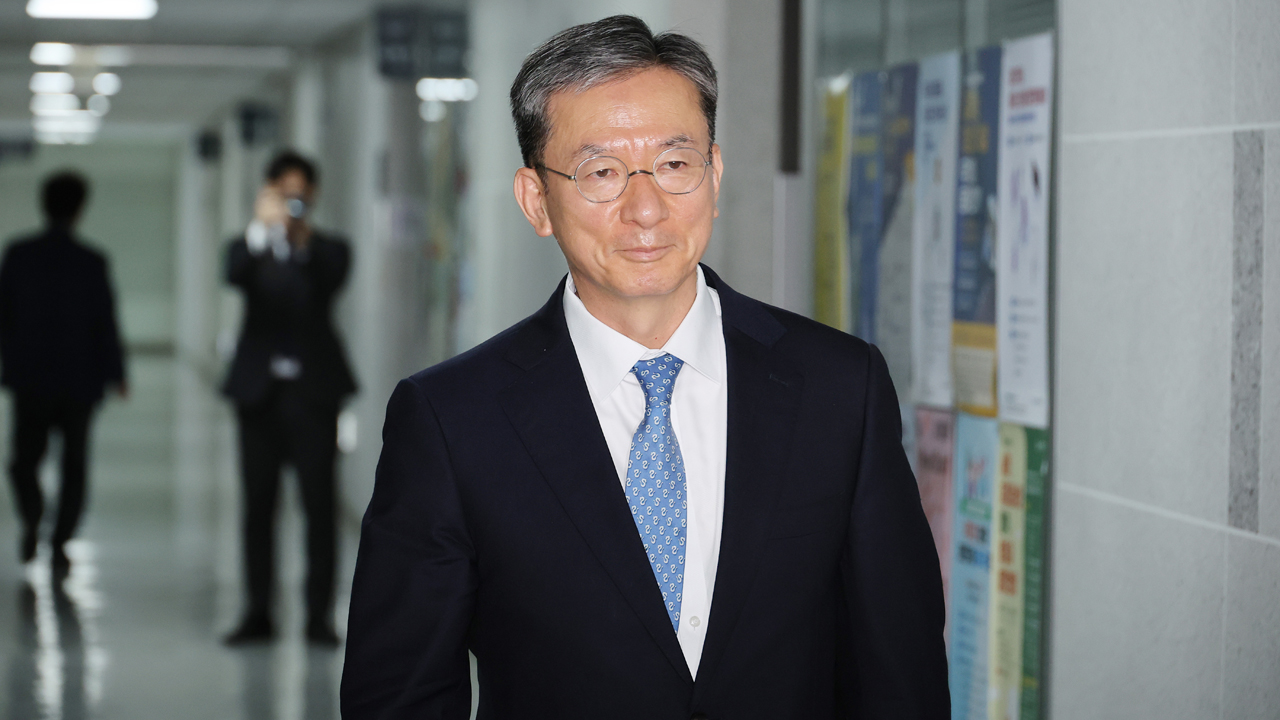


이 기사에 대한 의견을 남겨주세요.